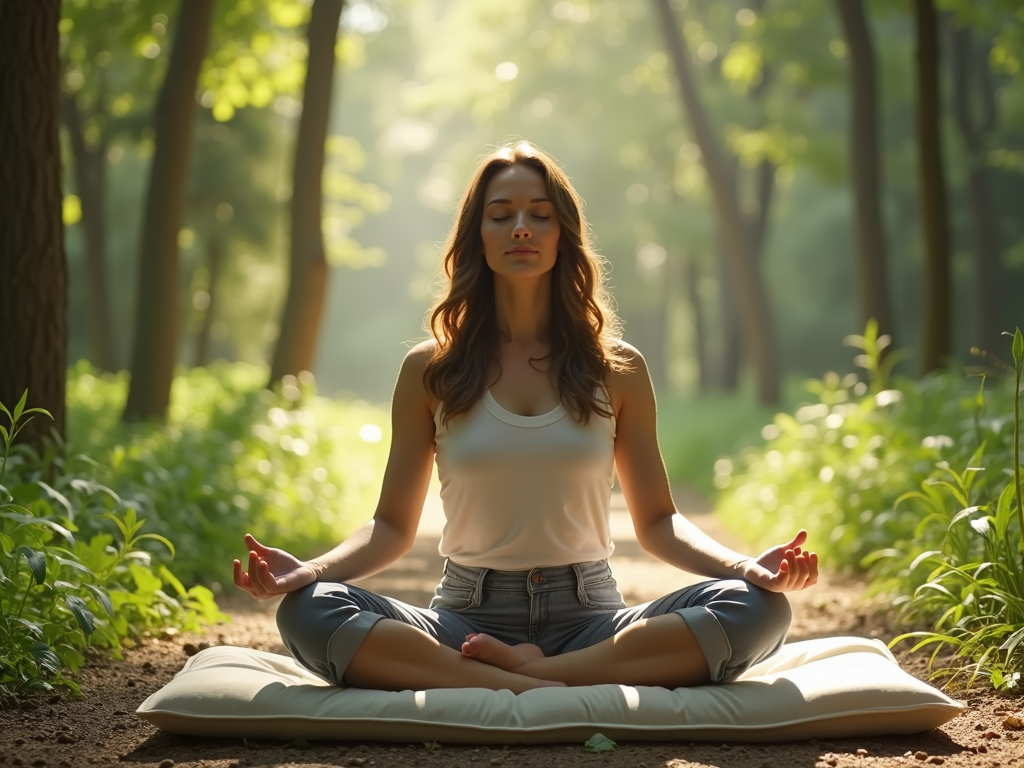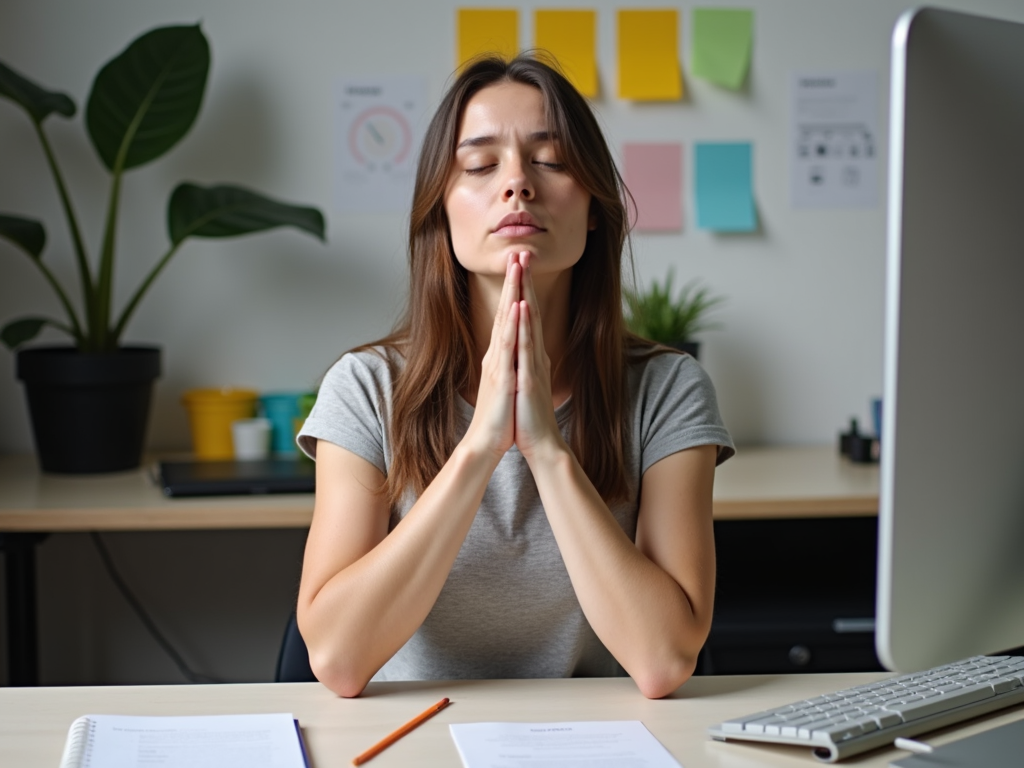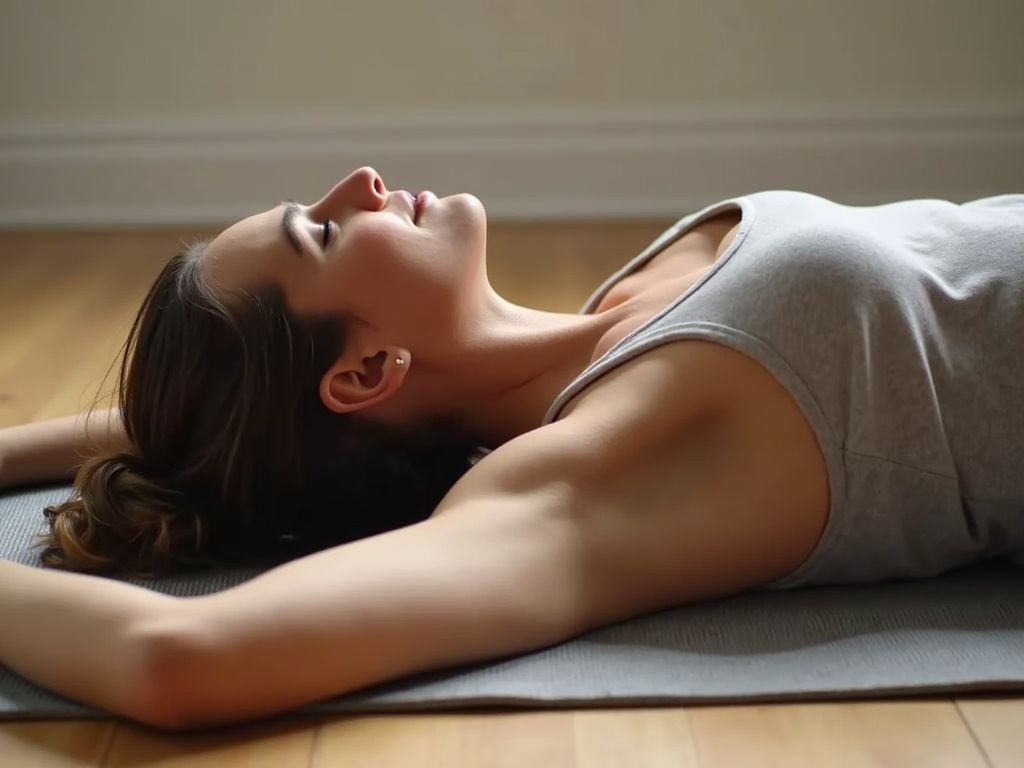In today's fast-paced world, mental health is more important than ever. Mindfulness and meditation are powerful tools that can help us manage stress, improve focus, and enhance overall well-being. In this article, we'll explore how these practices can benefit your mental health and provide practical tips to get started.

What is Mindfulness?
Mindfulness is the practice of being fully present and engaged in the current moment, without judgment. It involves paying attention to your thoughts, feelings, and sensations, as well as the world around you. By cultivating mindfulness, you can develop a greater awareness of your experiences and learn to respond to them in a more intentional and compassionate way.
What is Meditation?
Meditation is a mental practice that involves focusing your attention on a specific object, thought, or activity to train your mind and achieve a state of calm and clarity. There are many different types of meditation, such as breath awareness, loving-kindness, and body scan, each with its own techniques and benefits.

Benefits of Mindfulness and Meditation for Mental Health
Research has shown that mindfulness and meditation can have a profound impact on mental health. Some of the key benefits include:
- Reduced stress and anxiety
- Improved mood and emotional regulation
- Enhanced focus and concentration
- Increased self-awareness and self-compassion
- Better sleep quality
- Greater resilience in the face of challenges
For individuals dealing with chronic conditions like chronic fatigue or Chronic FPIES, mindfulness and meditation can be particularly helpful. These practices can help manage symptoms such as brain fog, low energy, and emotional distress by promoting relaxation, reducing inflammation, and improving overall well-being.

Personal Insights: My Journey with Mindfulness and Meditation
As someone who has struggled with anxiety and stress, I can attest to the transformative power of mindfulness and meditation. When I first started practicing, I was skeptical, but I quickly noticed a difference in my ability to manage my emotions and stay present in the moment. Over time, these practices have become an essential part of my self-care routine, helping me navigate life's challenges with greater ease and resilience.
Practical Tips for Getting Started
If you're new to mindfulness and meditation, here are some simple tips to help you get started:
- Start small: Begin with just a few minutes of practice each day and gradually increase the duration as you become more comfortable.
- Find a quiet space: Choose a peaceful environment where you can focus without distractions.
- Use guided meditations: There are many apps and online resources that offer guided meditations for beginners.
- Be patient: Remember that mindfulness and meditation are skills that take time to develop. Don't be discouraged if your mind wanders; simply bring your attention back to the present moment.

Mindfulness Exercises for Everyday Life
You don't need to set aside a lot of time to practice mindfulness. Here are some simple exercises you can incorporate into your daily routine:
- Mindful breathing: Take a few deep breaths, focusing on the sensation of the air entering and leaving your body.
- Mindful eating: Pay attention to the taste, texture, and aroma of your food, savoring each bite.
- Mindful walking: As you walk, notice the sensation of your feet touching the ground and the movement of your body.
Meditation Techniques for Beginners
If you're interested in trying meditation, here are a few techniques to get you started:
- Breath awareness: Focus your attention on your breath, noticing the inhale and exhale without trying to control it.
- Loving-kindness: Silently repeat phrases of goodwill and compassion towards yourself and others.
- Body scan: Bring your attention to different parts of your body, noticing any sensations or tensions without judgment.

Overcoming Common Challenges
It's normal to face challenges when starting a mindfulness or meditation practice. Here are some common obstacles and how to overcome them:
- Restlessness: If you find it hard to sit still, try a walking meditation or incorporate movement into your practice.
- Distracting thoughts: Remember that it's natural for your mind to wander. When you notice your thoughts drifting, gently bring your attention back to the present moment.
- Lack of time: Even a few minutes of practice can be beneficial. Try to find small pockets of time throughout your day to practice mindfulness.
Conclusion
Mindfulness and meditation are powerful tools for improving mental health and overall well-being. By incorporating these practices into your daily life, you can learn to manage stress, enhance focus, and cultivate a greater sense of peace and resilience. Whether you're dealing with chronic fatigue, Chronic FPIES, or simply looking to improve your mental health, mindfulness and meditation can be valuable additions to your self-care toolkit.
Remember, the key to success is consistency and patience. Start small, be kind to yourself, and allow your practice to evolve over time. With dedication and an open mind, you can experience the transformative benefits of mindfulness and meditation for yourself.
Discuss Here